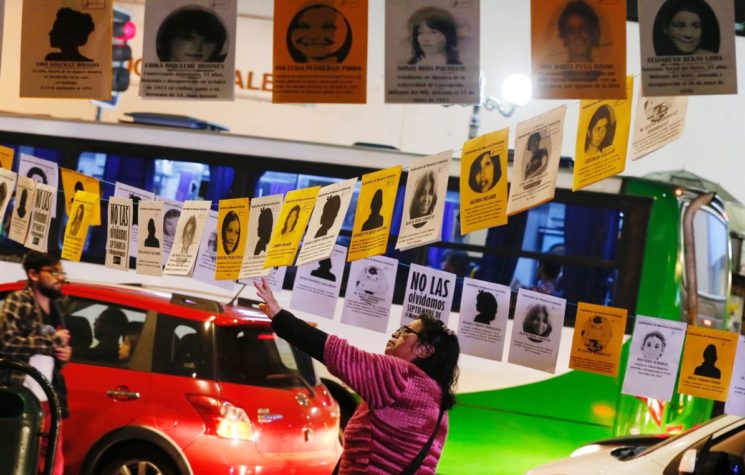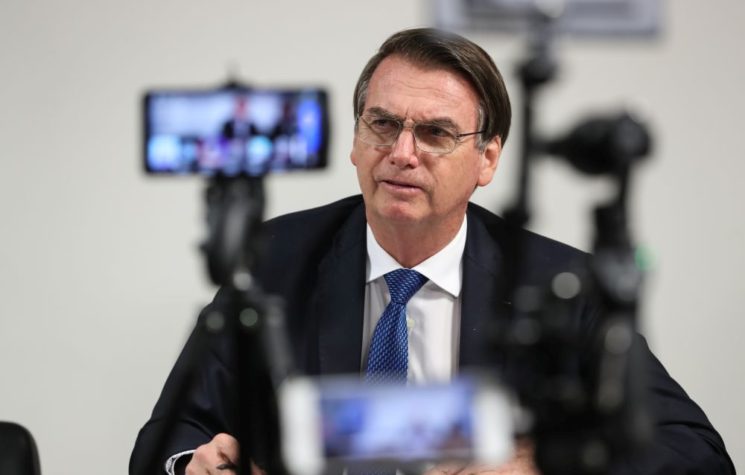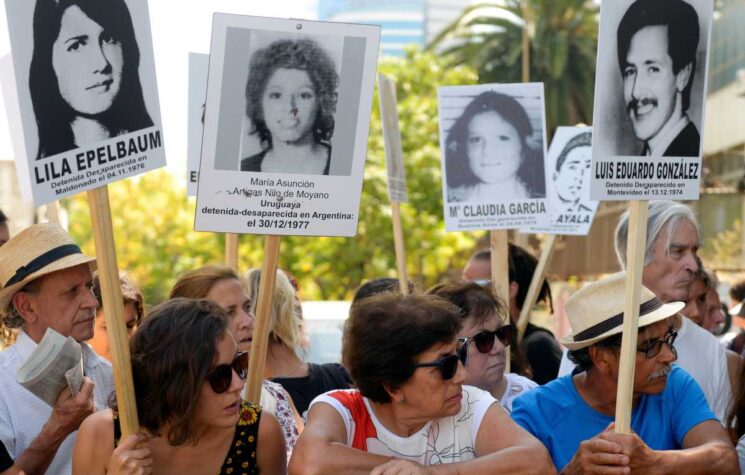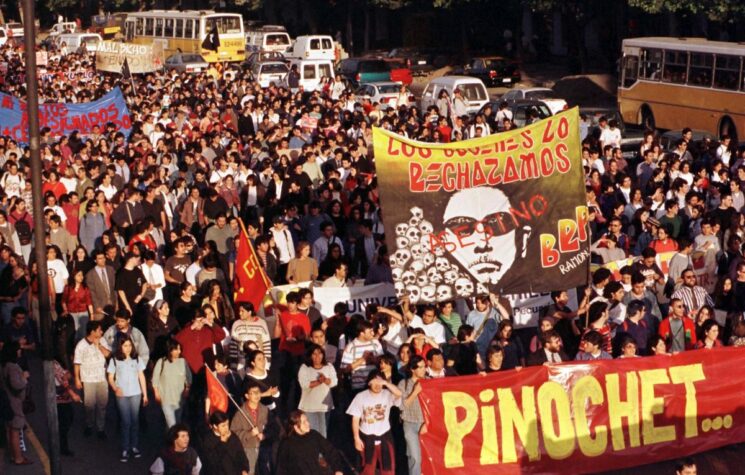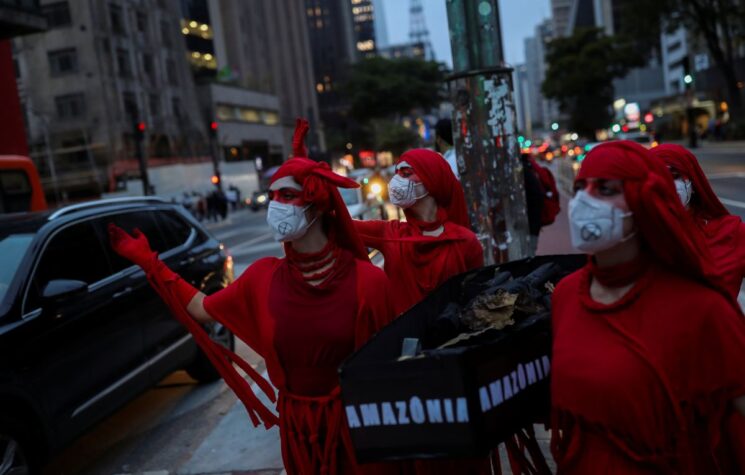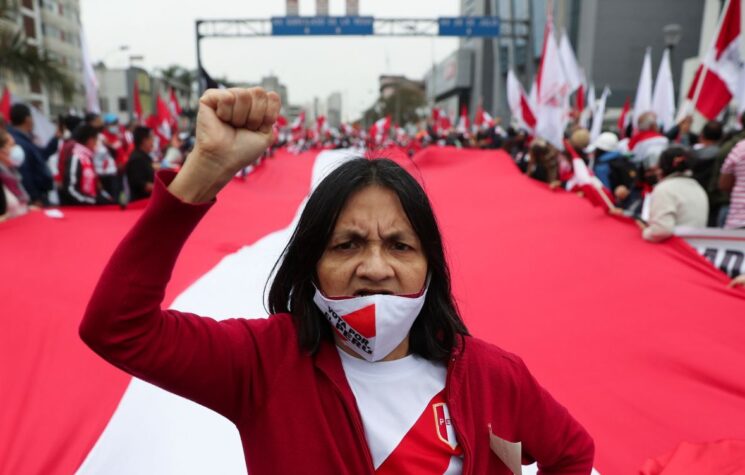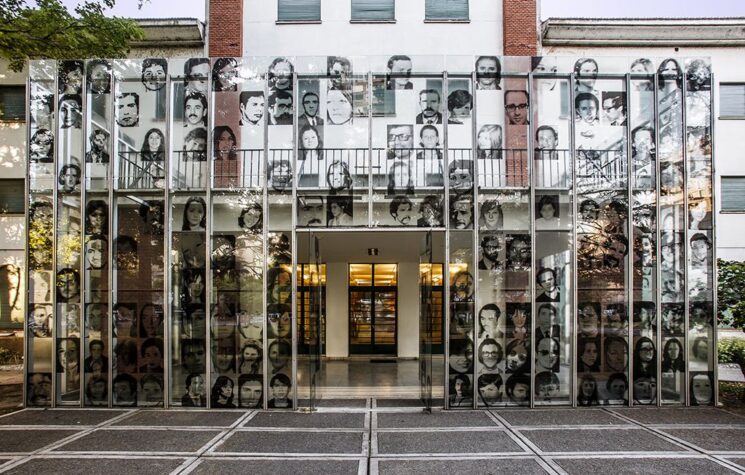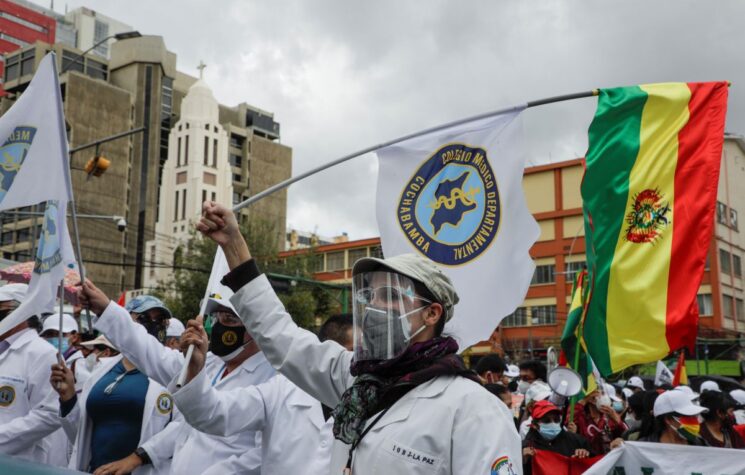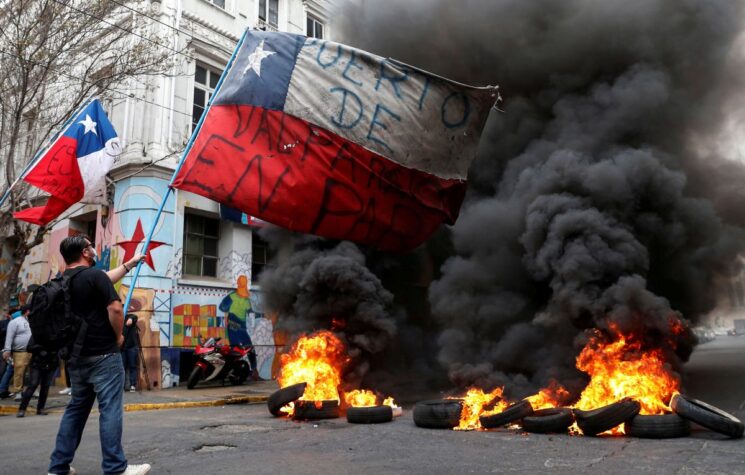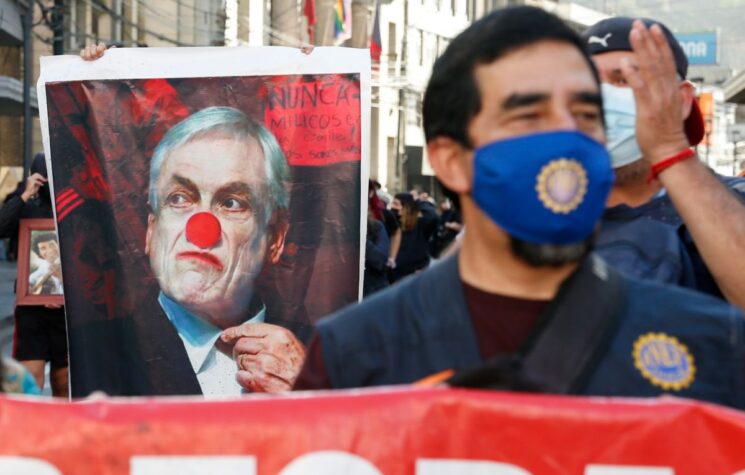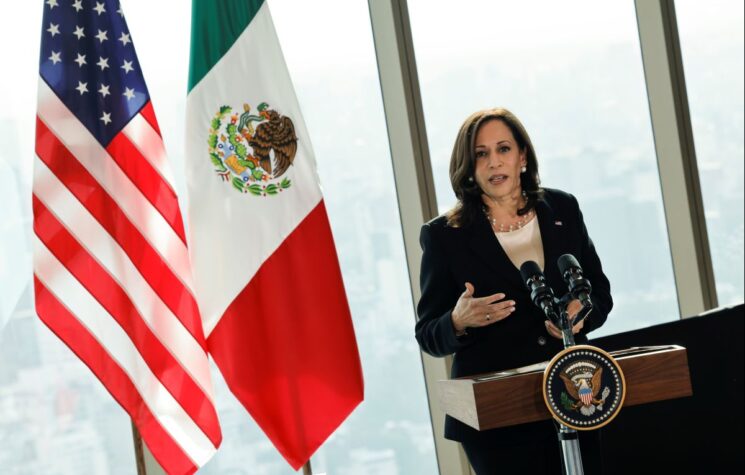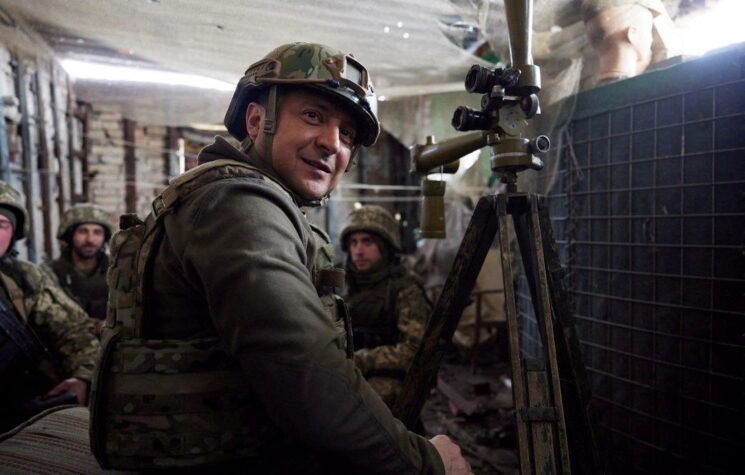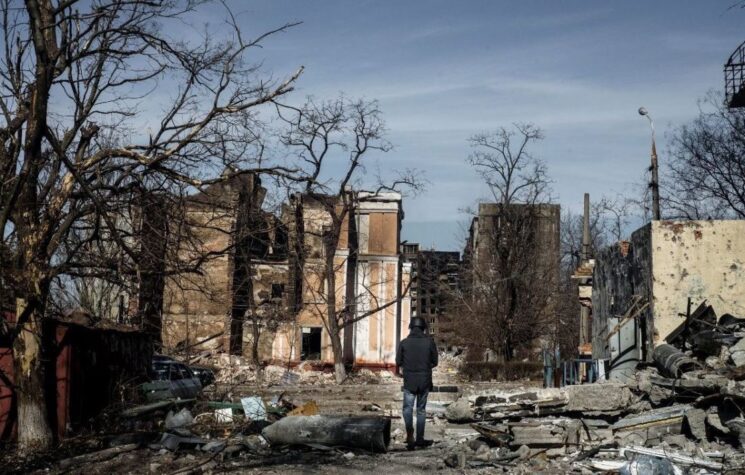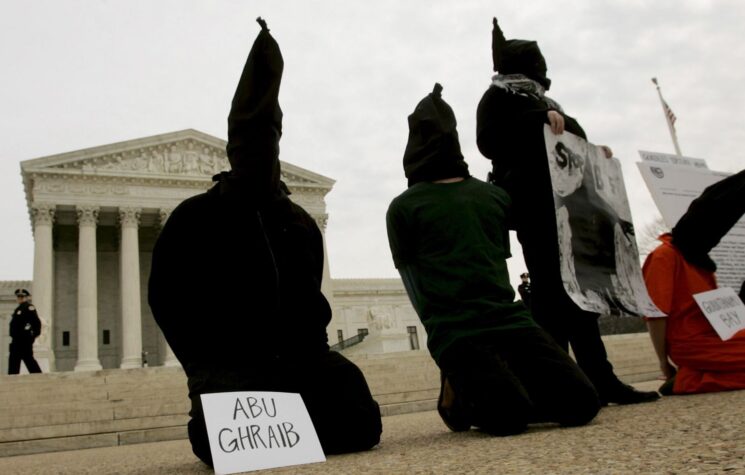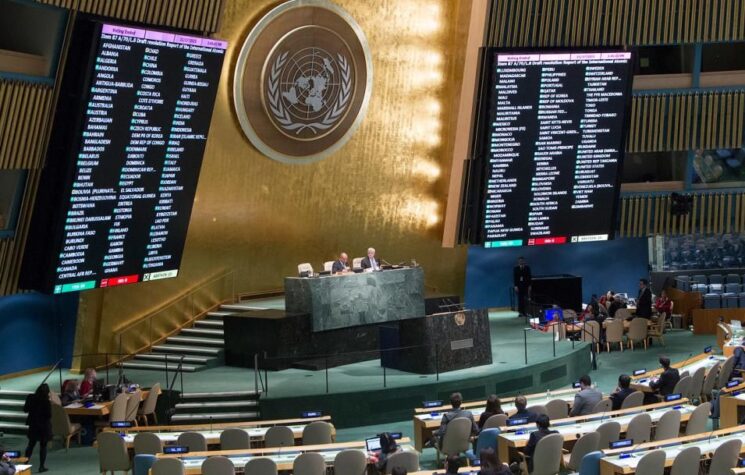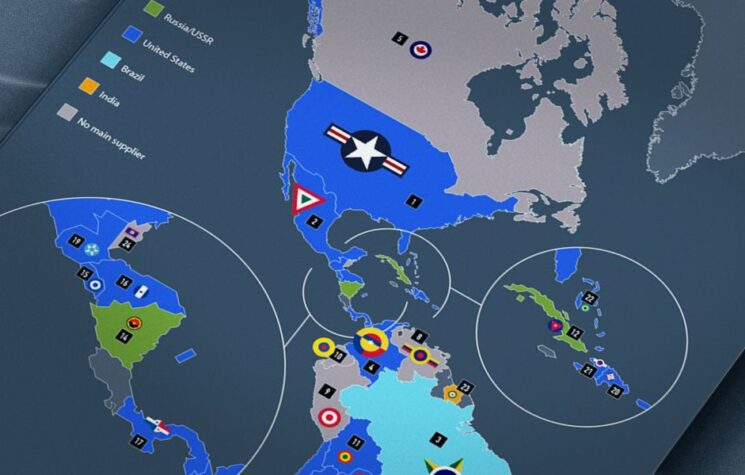On the International Day of the Disappeared, countries around the world remember their statistical data regarding the missing persons, while relatives are reminded of another year characterised by widespread impunity.
Like other days scheduled for commemoration by the UN, the International Day of the Disappeared pays lip service to the victims and their relatives, but nothing tangible in terms of supporting the quest for justice and collective memory. The latter are particularly resonant in Latin America – the U.S.-backed dictatorships created a systematic plan of disappearing civilians and impunity, leaving relatives at the mercy of state institutions that are concerned with guarding the pact of silence, as it is called in Chile.
However, foreign intervention and its repercussions have left added to the trauma associated with disappearance. Perhaps it is time that the UN accentuates the fact that disappearance is not just a historical concept. The annual commemoration is already hypocritical; adhering to its exclusivity takes the UN’s facilitating of violence and impunity to another level altogether.
The Arab Spring, which the UN facilitated through its approval of NATO intervention in Libya, ostensibly to “bring democracy” has plunged the region into civil war and political vacuums, resulting in killings and disappearances of civilians. While the killings attract media attention due to evidence, disappearances are hushed up unless relatives deem it safe to speak up about their missing family members. Fear of retribution in an unstable political climate where violence is constantly mutating is an ideal scenario for political impunity. In turn, this feeds the UN’s human rights narrative – a litany of reminders embellishing ceremonial occasions and scant effort to work towards justice. After all, UN representatives are also representatives of countries that may have vested interests in violating international law to prevent accountability and justice. It is this discrepancy which is not addressed and which allows the UN, as well as international governments, to determine how to evade international law and dilute its significance even as legal reference.
Meanwhile, relatives of the disappeared have no other option but to resort to corrupted justice systems which facilitate disappearance and impunity. In mainstream narratives, the disappeared are beyond marginalisation – they are non-existent.
Drowned migrants in the Mediterranean – lately a result of political instability following NATO intervention, are not accounted for. The politics behind human rights discourse in relation to migrants is a perpetual bickering over numbers and the best way to reduce migration to Europe. Shady deals which send migrants back to concentration camps in Libya have been normalised as an unfortunate circumstance of current events. If these people perish and remain unaccounted for, no outcry for justice will echo. The relatives of the disappeared are too concerned with their own survival. Meanwhile, ensconced away from war-ravaged countries, human rights organisations continue failing the disappeared and their relatives by resorting to the same mechanisms that facilitate forced disappearance in the first place.
The normalisation of how international law has been manipulated by the UN and international leaders must not be ignored. Likewise, the International Day of the Disappeared must be divested of any UN patronage. Not all commemorative occasions have been designated by the UN, but for the organisation, these constitute “powerful advocacy tools.” The question is – for whom? On its own, advocacy is in a constant struggle to navigate the political violence of institutions whose main interest is to safeguard their structure at the expense of humanity. The UN is complicit in enabling forced disappearances through its tacit approval of human rights violations. It is convenient for the UN to emphasise advocacy, while deflecting attention from its role, which is to create conditions of violence in the name of human rights.








